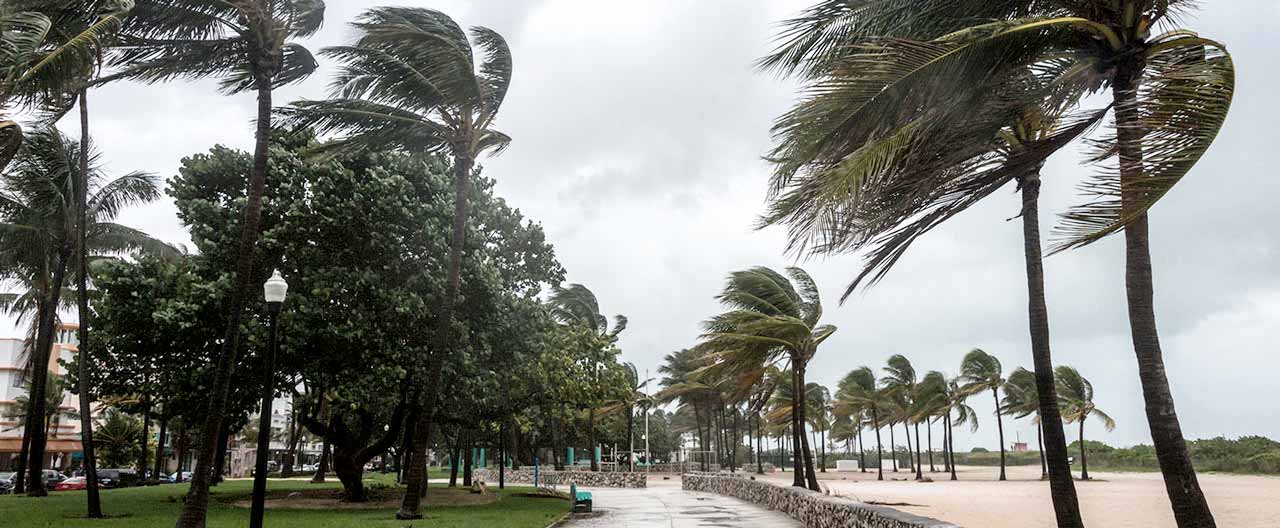- Individuals & Families
- Businesses
- Agents & Brokers
- Embedded Insurance

Chubb ranked #1 for Customer Satisfaction with the Home Insurance Claims Experience

Chubb ranked #1 for Customer Satisfaction with the Home Insurance Claims Experience

Chubb ranked #1 for Customer Satisfaction with the Home Insurance Claims Experience

Chubb ranked #1 for Customer Satisfaction with the Home Insurance Claims Experience

Because pets are family, Chubb now offers pet insurance with top-rated coverage from Healthy Paws.

Chubb offers the insurance protection you need for travel’s many “what ifs”.

Chubb protects small businesses at every stage – from newly formed start-ups to long-time anchors of the community.

Stay ahead of cyber threats with our free Cyber Claims Landscape Report.

Learn more about our dedicated learning paths, Online Learning Center, and more.

Many digital-savvy consumers look for it as a core or add-on option.

Many digital-savvy consumers look for it as a core or add-on option.

Many digital-savvy consumers look for it as a core or add-on option.

Chubb’s in-house technology makes it easy to integrate what we do into your customer experience.
-
About
-
Claims
-
Login & Pay Bill
For Agents & BrokersFor Travel Advisors
-
Back
If your business is located in a hurricane region, don’t wait to act. Take these necessary steps to mitigate against loss and damage before hurricane season even starts.
Climate change is a reality and its effects can be seen by an increased frequency and severity of natural catastrophes, including hurricanes. A hurricane is a severe tropical storm that forms in the North Atlantic Ocean, the Northeast Pacific Ocean, or the South Pacific Ocean. Hurricanes need warm tropical oceans, moisture, and light winds above them. If the right conditions last long enough, a hurricane can produce violent winds, incredible waves, torrential rains, and floods.
When is hurricane season?
Hurricane season runs from June 1st to November 30th. Don’t get caught off guard. Advances in technology and weather tracking have made it easier to detect these storms before they make landfall. Proper preparation and action steps can help reduce damage and potential loss of life dramatically.
How to prepare your property and equipment for a hurricane
To help protect your property in the event of a hurricane, preparation is key. Below are a few tips to help prepare your property and equipment before a hurricane occurs.
- Establish or review an Emergency Action Plan that considers prevention, warning, emergency response, evacuation criterion, facility shut down, disaster recovery, and key personnel.
- Designate an Emergency Coordinator and Emergency Action Team with an operating command center.
- Review your Emergency Action Plan with the local emergency management office and know your community evacuation plan.
- Confirm that you receive the National Oceanic and Atmospheric Administration (NOAA) radiofrequency. The National Weather Service uses NOAA to deliver critical information and storm updates.
- Detail communication procedures for employees, suppliers, vendors, contractors, and clients. Maintain a current list of key contacts with phone numbers and addresses.
- Secure and brace outside storage tanks, sheds, and other structures.
- Cover water-sensitive equipment with plastic or tarps.
- Use plywood (min. 5/8”) or shutters to protect doors and windows.
- Understand critical facility utility needs, particularly energy. Identify and perform preventative maintenance on backup resources such as generators.
- Stock non-perishable food, first-aid supplies, and drinking water.
- Create an emergency evacuation kit for employees and their families.
- Identify alternative types of transportation in the area and establish a relationship with rental companies.
- Provide cellular or satellite phones to essential personnel.
- Inspect roofs and flashing to ensure they are secured.
- Trim trees and shrubbery, safely, avoiding electrical lines and excessive heights.
- Clear loose and clogged rain gutters and downspouts. Check drain pumps.
- Review your insurance policies to determine if you have adequate flood and wind insurance.
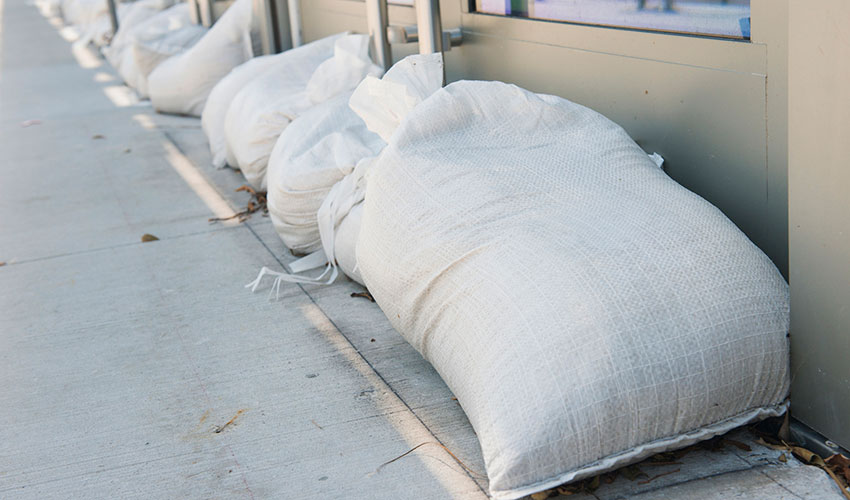
What to do when a hurricane watch is issued
When a hurricane watch is issued, activate your facility’s Emergency Action Plan and ensure copies are accessible off-site. Listen to the radio, TV, or NOAA Weather Radio for updates on the storm’s progress. Be sure to evacuate non-essential personnel. Check fuel levels on emergency vehicles, backup generators, fire pump fuel tanks, and move any equipment inside the building or to a safe location, if possible.
Inspect and prepare your property and equipment by covering all windows and doors with shutters or shielding materials. Anchor and secure all equipment stored outside. Brace all signs, tanks, and roof equipment. It’s best to remove all awnings and lightweight outdoor coverings.
Elevate all possible vital records, valuables, and furniture to protect them against flooding and wind. Secure backup records off-site, away from the targeted hurricane area.
What to do when a hurricane warning is issued
It’s important to stay connected and up to date on the storm’s progress through weather updates. During a hurricane, aside from completing preparation activities, if it’s safe to do so, patrol the facilities to check for leaks and fire protection system impairments. Shut off valves when pipes have broken and complete emergency repairs that are safe to perform.
Move to a safe area before you are cut off by floodwater, and most importantly, follow instructions issued by local officials. Leave the facility immediately if you are told to do so.
For more information on how you can prepare and recover from a hurricane, email us at Loss-Control-Service@chubb.com.
Insights and expertise


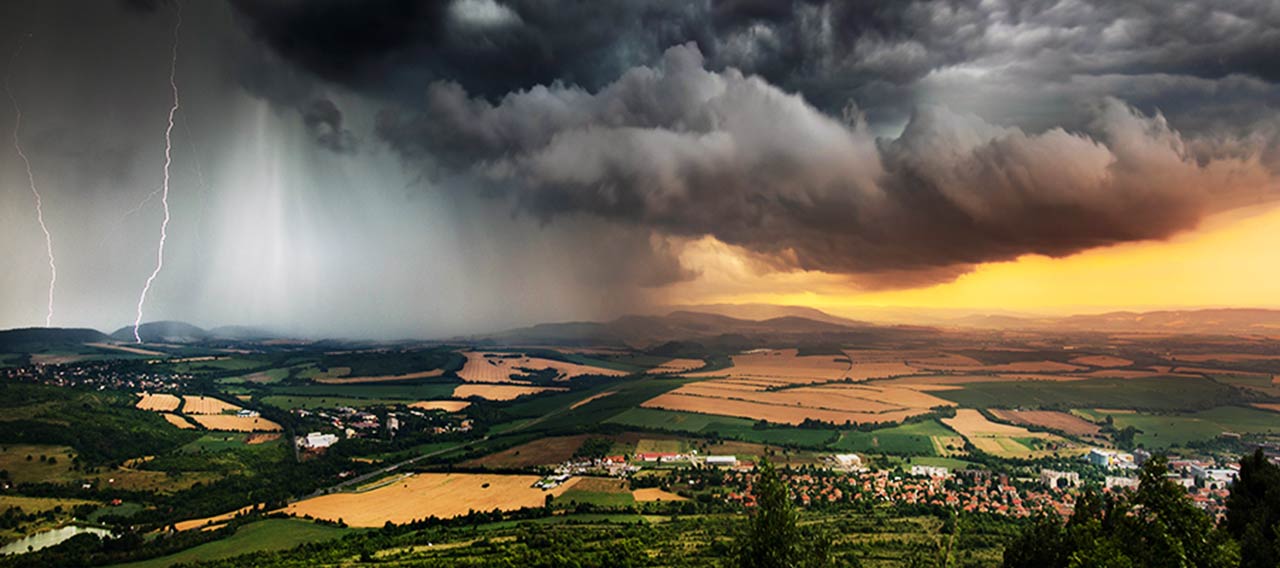
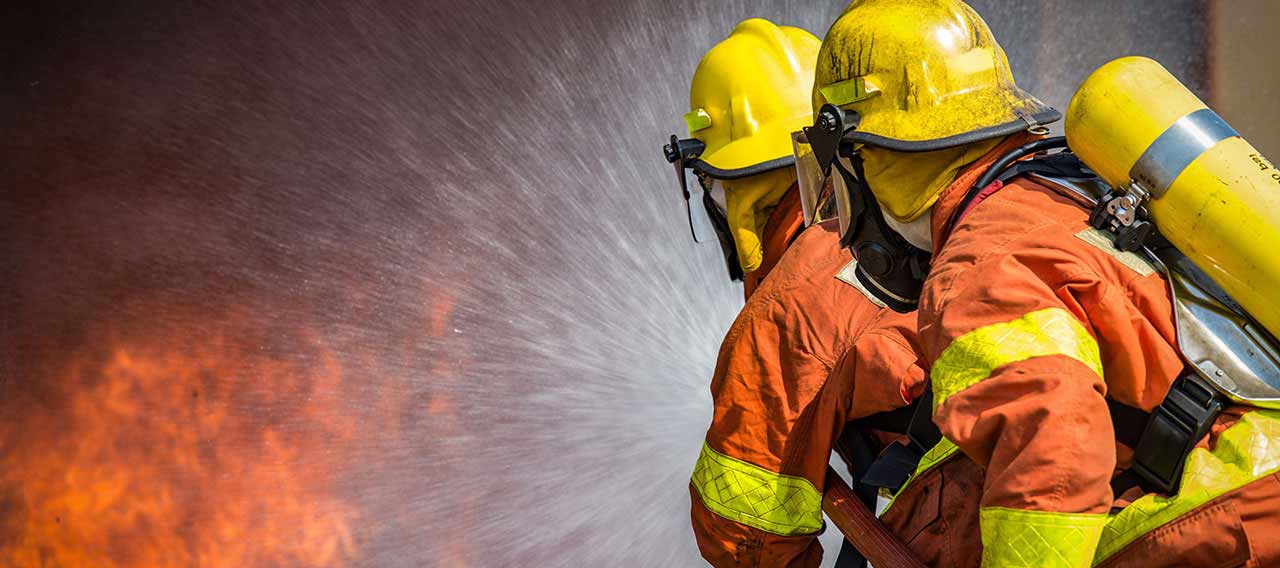
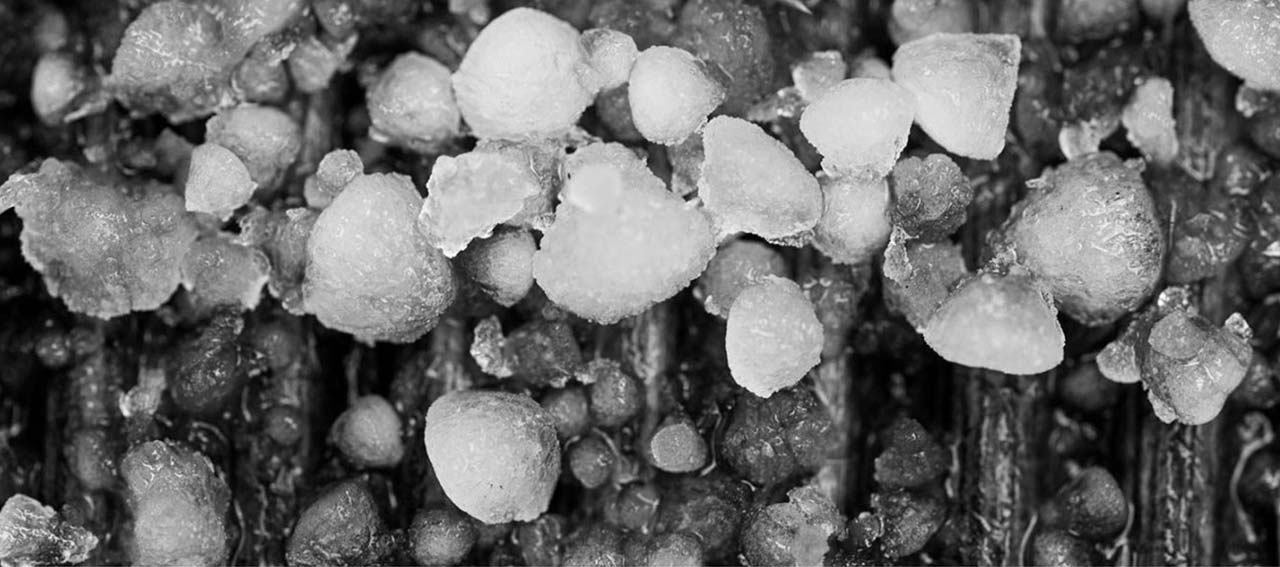

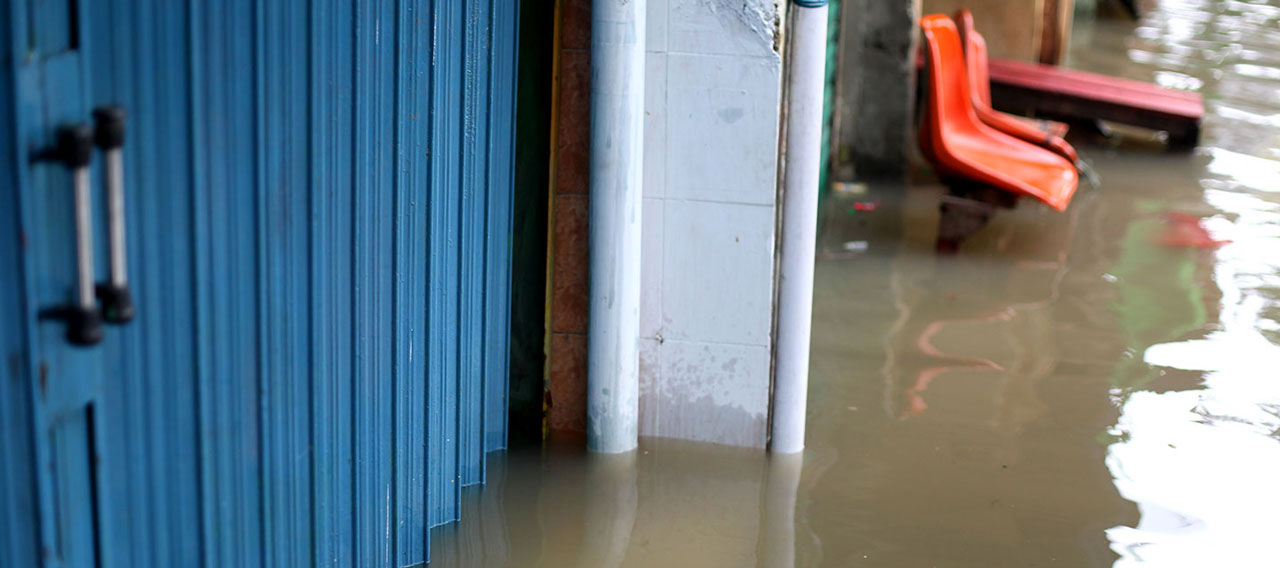
This document is advisory in nature and is offered as a resource to be used together with your professional insurance advisors in maintaining a loss prevention program. It is an overview only, and is not intended as a substitute for consultation with your insurance broker, or for legal, engineering or other professional advice.
Chubb is the marketing name used to refer to subsidiaries of Chubb Limited providing insurance and related services. For a list of these subsidiaries, please visit our website at www.chubb.com. Insurance provided by ACE American Insurance Company and its U.S. based Chubb underwriting company affiliates. All products may not be available in all states. This communication contains product summaries only. Coverage is subject to the language of the policies as actually issued. Surplus lines insurance sold only through licensed surplus lines producers. Chubb, 202 Hall's Mill Road, Whitehouse Station, NJ 08889-1600.


